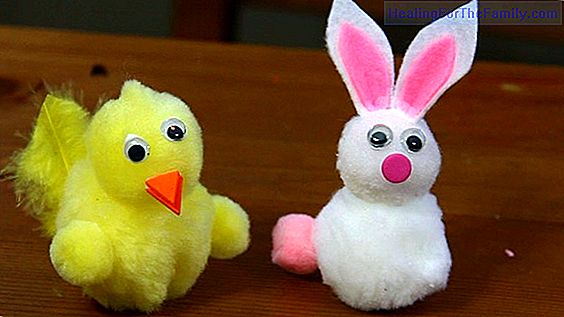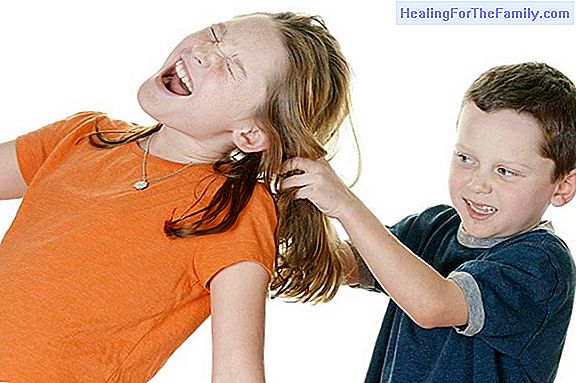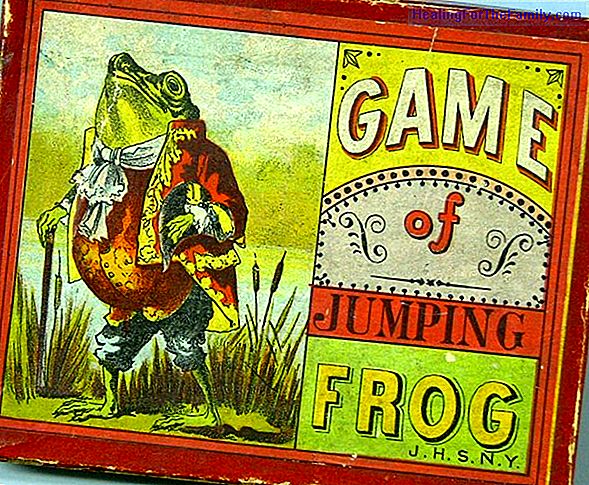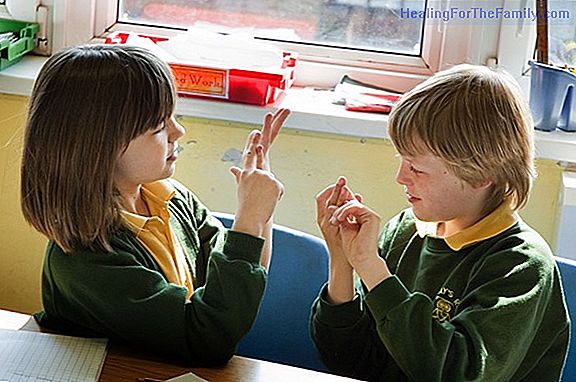The behavioral problems of adopted children
When there is an adoption there is always a story behind which the child has been torn from his family or a center and given to parents who have their own customs and ways of to do the things. That means that, as a father or mother, you expect your child to adapt first to your way of proceeding, whi
When there is an adoption there is always a story behind which the child has been torn from his family or a center and given to parents who have their own customs and ways of to do the things. That means that, as a father or mother, you expect your child to adapt first to your way of proceeding, which is what is normal for you, but what does the child think?
We know that really, not much attention is given to what the child can think and that causes conflicts to arise because before a behavior in which the child leaves us in evidence we just fight and try to cut the situation but rarely we stop to think about the origin or the meaning that it has for him.
Why the adopted child may have behavioral problems
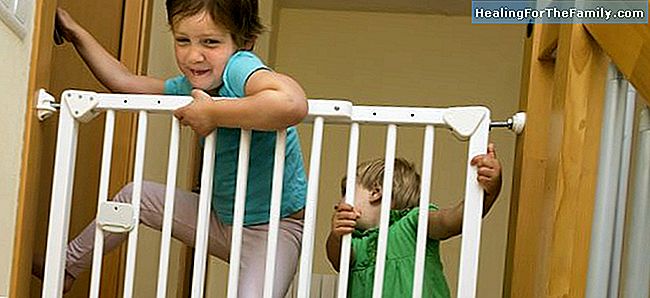
The problem is not how you can explain your way of doing things, but you know almost nothing about your previous history, and that will prevent you from predicting and understanding certain behaviors that They can leave you speechless because you do not expect them or they are out of your context (not yours), and you do not know how to handle them: fights for entering a pool, tantrums and crying before entering the doctor, food thefts in homes of relatives ... But why does he do that?
Do you know if there was running water in the child's house? So how will you understand that for you the daily shower is essential? Do you know if your child has suffered abuse of some kind? Then, how will he understand that the doctor, that unknown gentleman in a white coat, will not hurt him when he sticks a stick in his mouth or touches his stomach? Once we place ourselves in their world it is much easier for us to understand why some behaviors are not desired or understood in our society.
6 tips to educate adopted children with behavioral problems
1. Protect: If you see that the child is having a behavior outside the 'usual', take your child and remove it as soon as possible from the looks of the curious. With tranquility, and without getting nervous or nervous, always with affection and naturalness, but firmly. You must avoid that people murmur, point it out, ... Think that it is very likely that your son does not understand what he is doing wrong but we live in a society that is not prepared for certain things, intolerant, that enjoys criticizing others. And your son is adopted, that already makes him different and for many people it will be the perfect reason to focus his attention on him. No 2. Do not judge:
We start from the fact that the child does not know the behavioral and social norms of your environment and clings to what he knows how to do because, among other things, he gives security in a space where everything is new to him. 3. Do not shout and do not argue with others:
Change the center of your attention and calm it down. Wait until you are in a place, alone and calm, to talk about it. 4. Try to understand:
Ask him why he did that, where he learned it, but do not force it. Expl 5. Explain the social norms: Make him understand that certain behaviors are not well seen, can not be done in certain places, and the importance of doing things well. You can establish with the child a place, a moment, where he is allowed to act in a certain way so that he does not feel censored. Res 6. Respect their privacy:
Do not tell people what they have done or how they have behaved and less in front of them so as not to embarrass them. It must be clear that he can trust you. Ana María Linares
Psychologist specialized in adoptions Clínica Atama Integral



